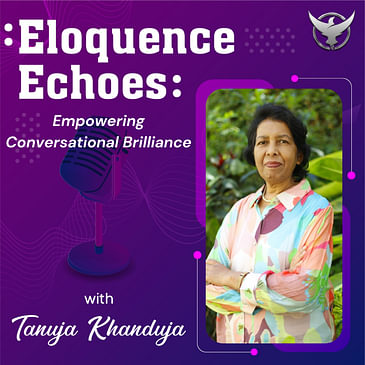This episode, the last in the three-series episode on how you communicate, tells the significance of 'Active Listening' - the third step to transform your perspective on the way you communicate.
It tells 4 ways to listen 'Actively' and also highlights 6 benefits of 'Active Listening' that can have the power to turn your professional and personal relationships around.


